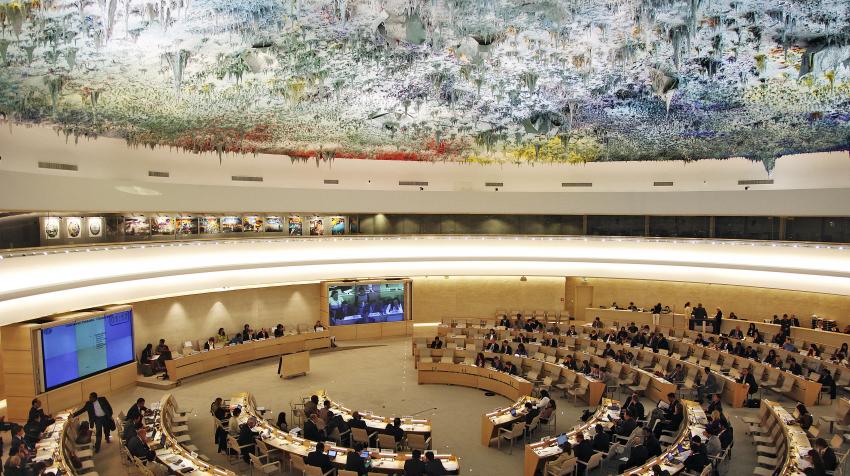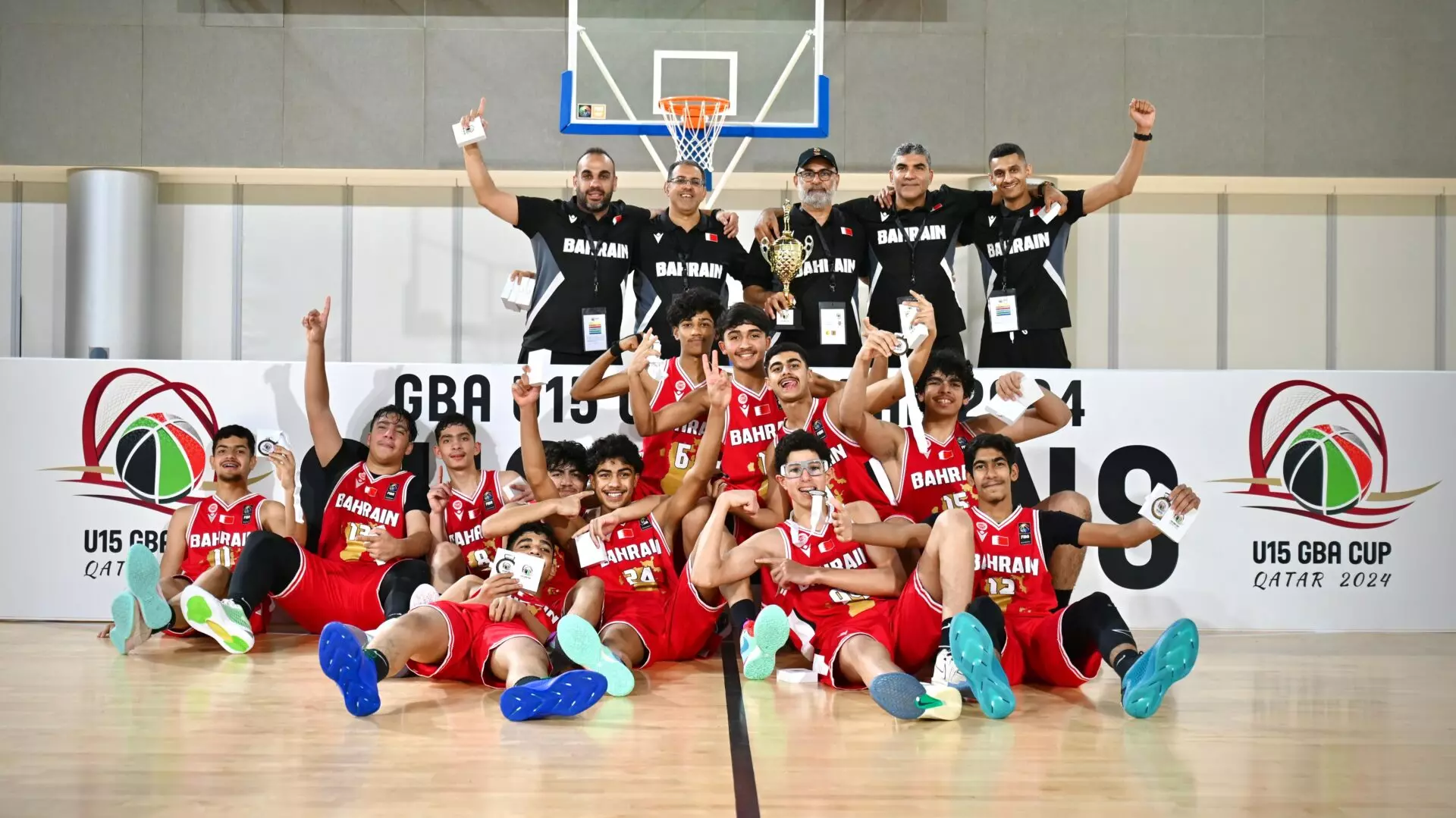
With reporting by Peter Kovessy
A day after being forced to forfeit a match for refusing to remove their headscarves, the Qatar women’s basketball team has pulled out of the Asian Games altogether.
Yesterday, the women were asked to remove their hijabs prior to a match against Mongolia but refused to do so, saying it violated their Islamic beliefs.
International basketball rules prevent players from wearing head coverings, hair accessories and jewelry during games.
With no signs that the restrictions would be relaxed, the Qatar national team skipped today’s match against Nepal and said it was withdrawing from the tournament, which is being held in South Korea.
#AsianGames2014 #Qatar Women's team pull out over hijab ban. #QSport is with you Team Qatar @qatar_olympic @qatarbf pic.twitter.com/vAHSJhUMAs
— QSports Qatar (@QSportsQatar) September 25, 2014
The Olympic Council of Asia – which is running the games – criticized FIBA’s decision and said the basketball association was stopping athletes from representing their home countries at international events, according to Reuters:
“The goal of Olympism is to place sport at the service of the harmonious development of humankind, with a view to promoting a peaceful society concerned with the preservation of human dignity.
Any form of discrimination with regard to a country or a person on grounds of race, religion, politics, gender or otherwise is incompatible with belonging to the Olympic Movement.”
FIBA recently announced that it would allow headscarfs and turbans in national matches as part of a two-year trial after reports showed there were no safety issues justifying the ban.
It is unclear whether the team knew they would be asked to remove their hijabs prior to the match.
Basketball player Amal Mohamed Mohamed said they were assured they would be allowed to wear their headscarves, according to the BBC.
However, Ahlam Salem Al Mana – the head of Qatar’s women’s sports committee – told media outlets that the team knew about the hijab ban but had been hoping to change FIBA’s mind.
Local response
FIBA’s stance and the national team’s decision to withdraw from the tournament caused a stir on social media.
Many have taken to Twitter to show their support for the women:
Shout out to Qatar Women Basket Team for choosing to forfeit the match instead of the Hijab. (Y) http://t.co/UCe8CZKLJA
— عاއިئشة (@ishahr) September 24, 2014
@dohanews It's good to see that the athletes are sticking to their principles despite the pressure
— Suraya Hassiem (@hassiemsuraya) September 24, 2014
Others have been expressing their disdain towards FIBA:
This is just wrong.FIBA is wrong! #Qatar women's basketball team forfeits Mongolia match in hijab dispute – Doha News http://t.co/TuQeaHkLce
— sorin furcoi (@furcoisorin) September 24, 2014
Previous protests
FIBA has faced criticism multiple times this year over its headgear ban.
During an Asia Cup match held in China this July, two Sikh members of the Indian national team were told minutes before a match to remove their turbans by a referee citing FIBA rules.
Also this summer, the Council on American-Islamic Relations called for the rules to be revisited in a letter to FIBA President Yvan Mainini:
“No athlete should be forced to choose between faith and sport. Muslim women seek to participate in sporting activities should not face artificial and arbitrary barriers to that participation.
The issue of religious attire for athletes can be addressed successfully in a mutually-agreeable manner that maintains the legitimate rights and needs of all parties.”
In both cases, critics noted that other sporting bodies have found ways of balancing the religious beliefs of participants with concerns such as safety.
One of the most high-profile examples is FIFA, which formally lifted its ban on religious head covers in matches earlier this year. Football officials said at the time that hijabs and turbans worn on the pitch should be “basic head covers” with colors matching the team’s jersey.
That followed a 2012 decision that permitted female players to wear a hijab during matches after FIFA’s medical committee found a pair of football hijab prototypes, which uses quick-release velcro fasteners and magnets, posed no threat to safety of participants.
Thoughts?







